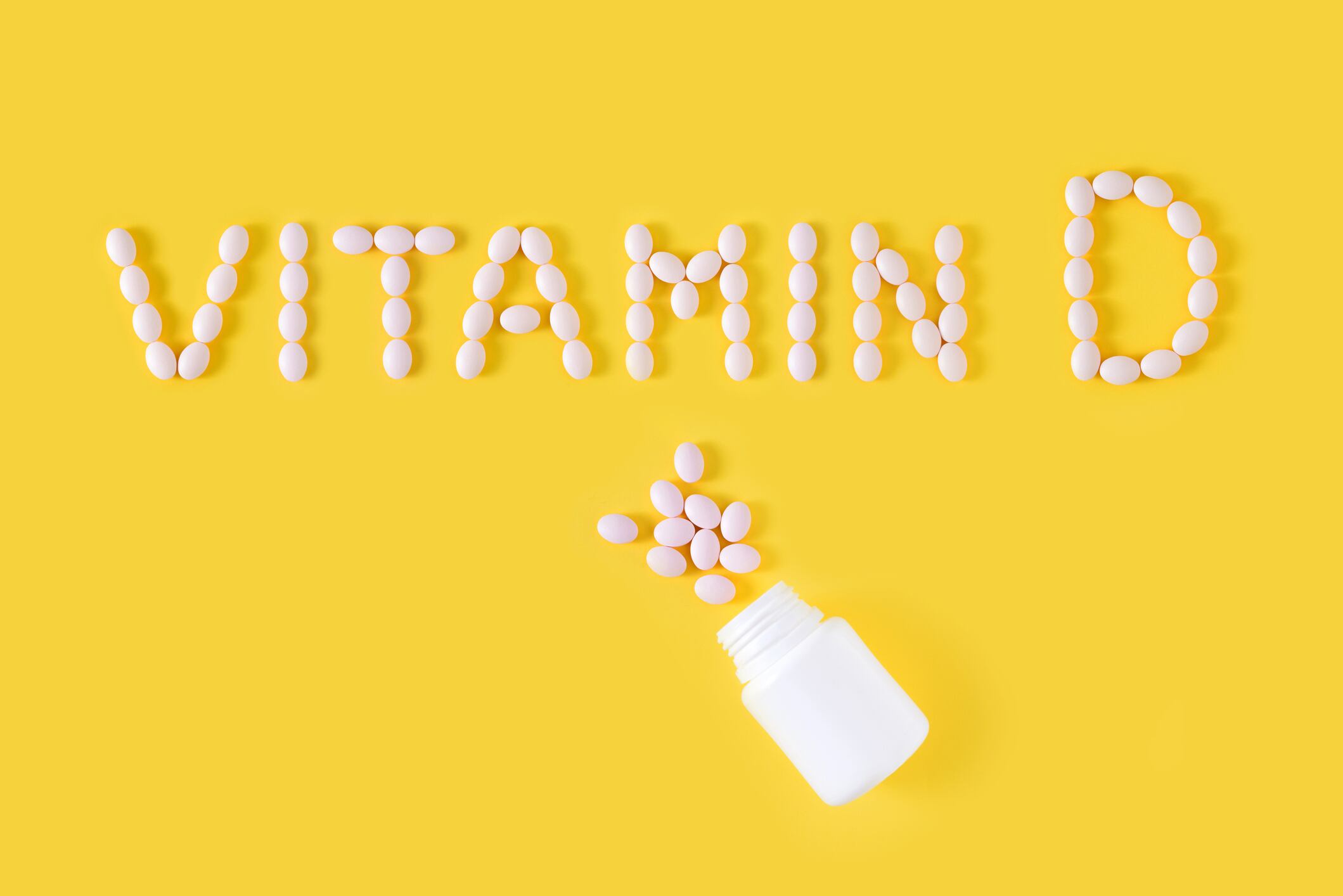A survey commissioned by Nutricia, Danone’s medical nutrition arm, found that 65% of hospitalised Covid-19 patients experienced clinically significant weight loss, and only 50% received medical nutrition, with that figure falling to 15% at discharge from hospital.
A total of 453 adult patients who were hospitalised with Covid-19 across the UK, France, Spain, Italy and Germany took part in the research, which was conducted by IPSOS.
A longer stay in hospital was found to be linked to increased likelihood of clinically significant weight loss (>5%), and many patients reported on symptoms that could worsen their nutritional status, such as diarrhoea, loss of taste/smell and difficulty swallowing.
Nutricia said the findings, which were presented at the annual conference of the European Society for Clinical Nutrition and Metabolism (ESPEN) last week, revealed the need to better integrate nutrition into medical care to improve Covid-19 patient recovery in hospital and after discharge.
“Findings from this survey and clinical research to date underline that nutritional challenges and functional impairments are frequent in patients hospitalised with Covid-19, in hospital and after discharge,” Dr Patrick Kamphuis, senior medical affairs director at Nutricia, told Nutraingredients.
Low awareness of medical nutrition
He continued: “Nutritional therapy can positively contribute to clinical outcomes and quality of life for patients with a variety of conditions and diseases. Unfortunately, and independent of Covid-19, healthcare professional awareness of the role of medical nutrition is still low - today only about one out of three patients receive the nutritional care they need.”
Whilst not all Covid-19 patients need medical nutrition, Dr Emanuele Cereda, physician at the Research Foundation IRCCS Policlinico San Matteo, said that as weight loss is associated with negative outcomes, it is important that people are screened for malnutrition and other eating challenges on admission to hospital and when they are discharged.
“Screening and assessment helps healthcare professionals to assess if and what medical nutrition support is needed depending on the patient health status,” he told this publication.
He said that in many cases, dietary adaptations (consistency/texture and/or energy/density) can be enough but in others more intensive nutritional care is needed.
“This can be tube feeding if someone can’t eat or oral nutritional supplements if they need extra support to satisfy their protein-calorie requirements.”
After care inadequate
However, the main nutrition care gap observed in the research is when patients leave hospital; the proportion of patients receiving medical nutrition dropped to 15% at discharge and 42% received no nutritional support whatsoever on leaving hospital.
This was despite 80% experiencing eating challenges such as lack of appetite, tiredness and difficulty swallowing after leaving hospital.
Commenting on this gap in support, Dr Cereda said: “For patients hospitalised with severe illness, nutrition support is essential to support recovery and needs to be continued after leaving hospital. This is an important point to address with regard to Covid-19 as many patients leave the hospital with a long road to recovery ahead of them.”
Muscle loss is a common complication of critical illness and after hospital discharge, 85% of patients surveyed felt they had lost muscle strength compared to before their illness, 42% felt a lot weaker and the majority reported struggling with daily activities like climbing the stairs, food shopping and preparing meals.
Dr Cereda suggested that implementing nutritional screening at discharge would help ensure that patients who need nutritional support receive it.
Tailored intervention involving protein
If possible, he said that interventions should be tailored to patients’ needs and should aim to ensure sufficient energy and protein intake - which is essential to maintain or improve weight and muscle.
“High protein is crucial during recovery from severe illness; therefore patients may need support from high protein oral nutritional supplements to achieve their protein needs,” Dr Cereda advised.
In addition, he said muscle-targeted medical nutrition containing whey, leucine and vitamin D has been shown to improve recovery outcomes, including muscle strength and physical function in patients with low muscle mass. The Foundation is currently investigating its impact in patients recovering from Covid-19 in a large-scale clinical trial across 16 hospitals in Madrid.
Overall, Nutricia said the survey indicates potential challenges in ensuring continuity of care after hospital discharge.
“More attention is needed on managing the transition from the hospital to patients’ homes, and ensuring the inclusion of nutritional assessment and nutritional care in discharge protocols. Ensuring medical nutrition as an integral part of patient care across care settings will contribute to better outcomes, both from a patient as well as a health systems perspective,” said Dr Kamphuis.
To this end, last year, the ESPEN issued recommendations to include nutritional support as part of the management of Covid-19 patients.




